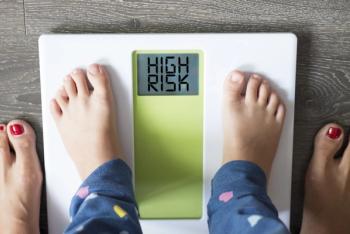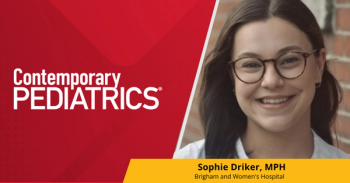
After drug warning, teen suicide attempts jump
Suicide attempts among teenagers rose almost 22% after US Food and Drug Administration warnings about antidepressants led to a drop in prescribing the drugs, new data reveal.
Suicide attempts among teenagers rose almost 22% after US Food and Drug Administration (FDA) warnings about antidepressants led to a drop in prescribing the drugs, new
In 2003, the FDA issued widely publicized warnings about potentially increased risks of suicidal thoughts (suicidality) among children and teenagers taking antidepressants. In 2004, the FDA required a
To investigate possible associations between the warnings and changes in antidepressant use, suicide attempts, and completed suicides in young people, researchers analyzed claims data between 2000 and 2010 on roughly 1.1 million adolescents, 1.4 million young adults, and 5 million adults from 11 geographically diverse health plans. They considered psychotropic drug poisonings a proxy for suicide attempts.
In the second year after the warnings, antidepressant use declined by 31% among adolescents (it declined among young adults and adults as well), accompanied by a 21.7% relative rise in psychotropic drug poisonings. Suicide attempts also increased significantly (33.7%) among young adults but not among adults (5.2%). Researchers did not establish a causal connection between the decrease in antidepressant use and the increase in suicide attempts. They found no rise in completed suicides.
The researchers term their findings on decreased antidepressant treatment and increased suicide attempts “disturbing” and emphasize the need to pay attention to potential unintended effects of FDA warnings and reporting about them in the media.
To get weekly clinical advice for today's pediatrician,
Newsletter
Access practical, evidence-based guidance to support better care for our youngest patients. Join our email list for the latest clinical updates.






